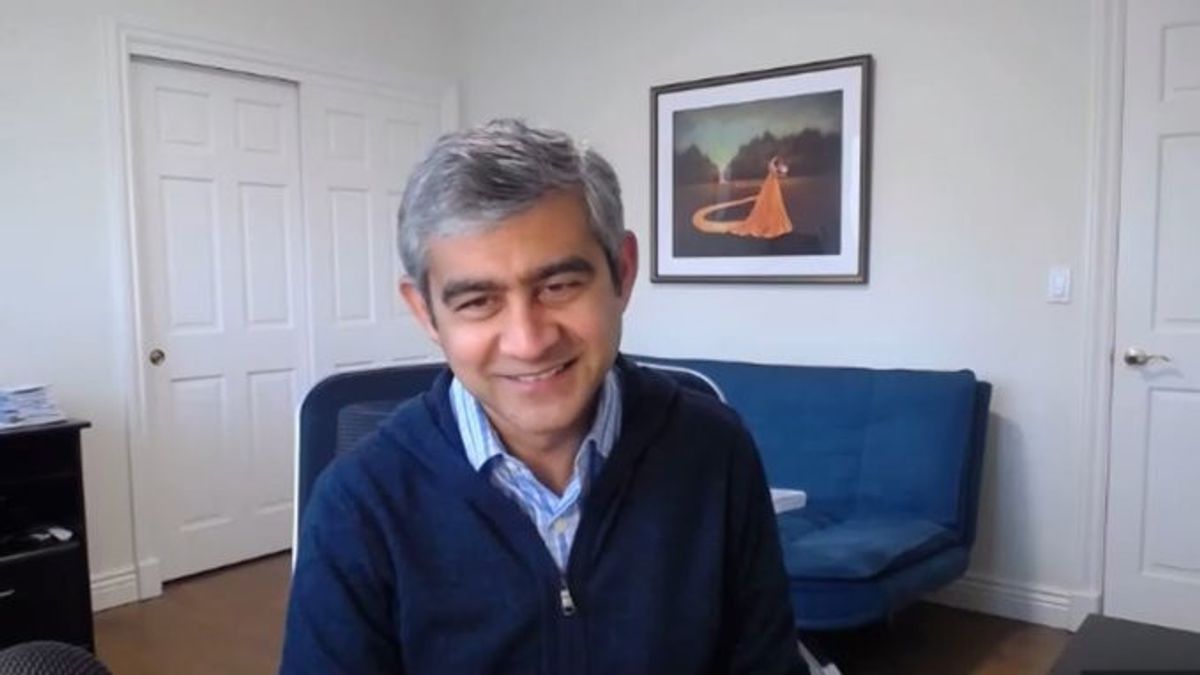JAKARTA - Google Cloud on Monday 26 February increased its criticism of Microsoft's cloud computing practices. They said that its rival was looking for a monopoly that would harm the development of developing technology such as generative artificial intelligence.
Microsoft and Amazon have recently attracted attention in the United Kingdom, the European Union, and the United States over their market power in cloud computing. Google lags far behind the two leaders. Microsoft's collaboration with ChatGPT creator OpenAI also raises concerns.
"We're worried about Microsoft wanting to show their decade-long practice where they had a lot of monopoly on the software at the previous location and now they're trying to push it into the clouds now," said Google Cloud vice president Amit Zavery in an interview.
"So they created this wall park, which Microsoft fully controls and owns, and customers who want to do these things, you just have to go to Microsoft," he said.
"If Microsoft clouds don't stay open, we're going to have issues and long-term problems, even in next-generation technologies like AI as well, as Microsoft forces customers to go to Azure in many ways," Zavery said, referring to the Microsoft cloud computing platform.
He encouraged antitrust regulators to act. "I think regulators need to provide some guidance and maybe regulations preventing Microsoft from building the Azure cloud business, not allowing your on-premise monopoly to lead it to a cloud monopoly," Zavery said.
Meanwhile, Microsoft rejected the argument.
"As shows the latest independent data, competition between hyperscaler cloud providers remains healthy," a Microsoft spokesperson said. "In 2023, Microsoft and Google saw a small increase over AWS, which remains a global market leader with significant margins."
Microsoft president Brad Smith on Monday implied Google. "Today, only one company is vertically integrated covering every AI layer from chips to mobile app stores that are developing," he said at Mobile World Congress at Barcelona.
SEE ALSO:
Zavery also criticized Microsoft's agreement with individual cloud vendors, saying it ignored the wider issue. The CISPE trading group last month said it was in talks with Microsoft to resolve EU antitrust complaints about the practice of licensing their cloud computing.
"Microsoft is very smart, choosing individual vendors who complain and make one-way deals but they don't solve the wider problem. So they can pick winners and losers in many cases too, so they choose who they want to compete with," Zavery said.
Microsoft rejected the criticism. "We have listened and worked constructively and directly with independent cloud providers to change our licensing terms, address their concerns, and provide more opportunities for them. Worldwide, more than 100 cloud providers have taken advantage of this change," a Microsoft spokesperson said.
The English, Chinese, Japanese, Arabic, and French versions are automatically generated by the AI. So there may still be inaccuracies in translating, please always see Indonesian as our main language. (system supported by DigitalSiber.id)

















